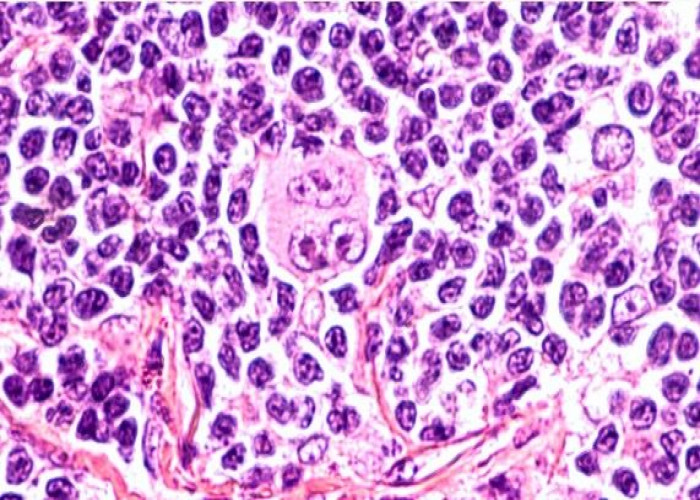 Welcome
Welcome
“May all be happy, may all be healed, may all be at peace and may no one ever suffer."
Hodgkin's lymphoma (Hodgkin's disease)
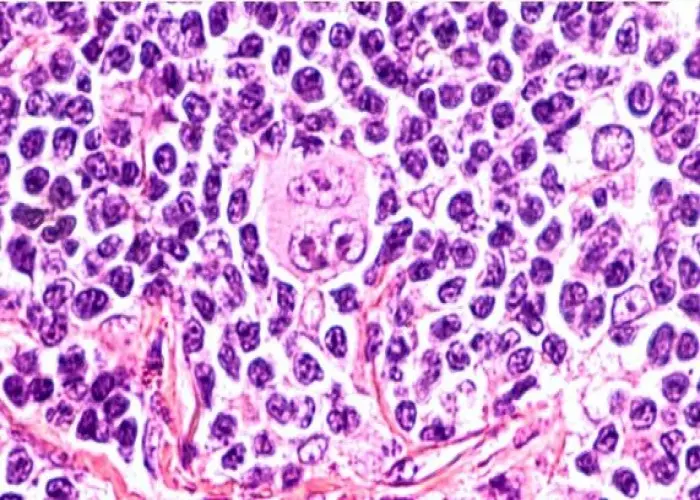
Hodgkin's lymphoma, also known as Hodgkin's disease, is a type of cancer that affects the lymphatic system. It is characterized by the presence of abnormal B lymphocytes (a type of white blood cell) in the lymph nodes and other lymphatic tissues.
Hodgkin's lymphoma is a relatively rare form of cancer, accounting for less than 1% of all cases of cancer in the United States. The disease is more common in young adults, but it can affect people of any age.
Symptoms of Hodgkin's lymphoma can include swollen lymph nodes, fatigue, fever, night sweats, and unexplained weight loss. The disease is diagnosed through a combination of physical exams, imaging tests, and biopsies of affected tissues.
Treatment for Hodgkin's lymphoma typically involves chemotherapy, radiation therapy, or a combination of both. In some cases, a stem cell transplant may be recommended. With early diagnosis and appropriate treatment, the prognosis for Hodgkin's lymphoma is generally favorable, with a high cure rate.
Research Papers
Disease Signs and Symptoms
- Swollen lymph nodes
- Enlarged lymph nodes in neck or armpits
- Fatigue (Tiredness)
- Fever
- Night sweats
- Weight loss
- Itching
- Increased sensitivity to the effects of alcohol or pain in your lymph nodes after drinking alcohol
- A persistently small pupil (miosis)
Disease Causes
Hodgkin's lymphoma (Hodgkin's disease)
Doctors aren't sure what causes Hodgkin's lymphoma. They know that it begins when infection-fighting white blood cells called lymphocytes develop changes in their DNA. A cell's DNA contains the instructions that tell a cell what to do.
The DNA changes tell the cells to multiply rapidly and to continue living when other cells would naturally die. The lymphoma cells attract many healthy immune system cells to protect them and help them grow. The extra cells crowd into the lymph nodes and cause swelling and other Hodgkin's lymphoma signs and symptoms.
There are multiple types of Hodgkin's lymphoma. Your type is based on the characteristics of the cells involved in your disease and their behavior. The type of lymphoma you have helps determines your treatment options.
Classical Hodgkin's lymphoma
Classical Hodgkin's lymphoma is the more common type of this disease. People diagnosed with this type have large lymphoma cells called Reed-Sternberg cells in their lymph nodes.
Subtypes of classical Hodgkin's lymphoma include:
- Nodular sclerosis Hodgkin's lymphoma
- Mixed cellularity Hodgkin's lymphoma
- Lymphocyte-depleted Hodgkin's lymphoma
- Lymphocyte-rich Hodgkin's lymphoma
Nodular lymphocyte-predominant Hodgkin's lymphoma
This much rarer type of Hodgkin's lymphoma involves lymphoma cells that are sometimes called popcorn cells because of their appearance. Nodular lymphocyte-predominant Hodgkin's lymphoma is usually diagnosed at an early stage and may require less intensive treatments compared to the classical type of the disease.
Disease Prevents
Disease Treatments
The goal of Hodgkin's lymphoma treatment is to destroy as many of the lymphoma cells as possible and bring the disease into remission. Which treatments are right for you depends on the type and stage of your cancer, your overall health, and your preferences.
Chemotherapy
Chemotherapy is a drug treatment that uses chemicals to kill lymphoma cells. Chemotherapy drugs travel through your bloodstream and can reach nearly all areas of your body. Chemotherapy drugs can be taken in pill form or through a vein in your arm, or sometimes both methods of administration are used.
Classical Hodgkin's lymphoma treatment usually begins with chemotherapy. It may be the only treatment needed or it may be combined with radiation therapy.
For nodular lymphocyte-predominant Hodgkin's lymphoma, chemotherapy is often combined with drugs that target the cancer cells (targeted therapy) and radiation therapy.
Side effects of chemotherapy depend on the drugs you're given. Common side effects are nausea and hair loss. Serious long-term complications can occur, such as heart disease, lung damage, fertility problems and other cancers.
Radiation therapy
Radiation therapy uses high-energy beams, such as X-rays and protons, to kill cancer cells. During radiation therapy, you lie on a table and a large machine moves around you, directing the energy beams to specific points on your body.
For Hodgkin's lymphoma treatment, radiation can be aimed at affected lymph nodes and the nearby areas where the disease might spread. It's usually used with chemotherapy. For people with early-stage nodular lymphocyte-predominant Hodgkin's lymphoma, radiation therapy may be the only treatment needed.
Radiation therapy side effects include fatigue and skin redness at the site where the radiation is aimed. Other side effects depend on where the radiation is aimed. For instance, radiation to the neck can cause dry mouth and thyroid problems, such as an underactive thyroid (hypothyroidism). Radiation to the chest can cause heart and lung problems.
Bone marrow transplant
Bone marrow transplant, also known as stem cell transplant, is a treatment to replace your diseased bone marrow with healthy stem cells that help you grow new bone marrow. A bone marrow transplant may be an option if Hodgkin's lymphoma returns or doesn't respond to other treatments.
During a bone marrow transplant, your own blood stem cells are removed, frozen and stored for later use. Next you receive high-dose chemotherapy and radiation therapy to destroy cancerous cells in your body. Finally your stem cells are thawed and put back in your body where they help build healthy bone marrow.
Side effects of a bone marrow transplant include the side effects that might be caused by the chemotherapy or radiation you undergo before your transplant. In addition, you may have an increased risk of infection after your transplant.
Other drug therapy
Other drugs that are sometimes used to treat Hodgkin's lymphoma include:
- Targeted therapy. Targeted drug treatments focus on specific weaknesses present within cancer cells. By blocking these weaknesses, targeted drug treatments can cause cancer cells to die. Targeted therapy is often combined with chemotherapy for treating nodular lymphocyte-predominant Hodgkin's lymphoma. For classical Hodgkin's lymphoma it might be an option in certain situations.
- Immunotherapy. Immunotherapy uses your immune system to fight cancer. Your body's disease-fighting immune system may not attack your cancer because the cancer cells produce proteins that help them hide from the immune system cells. Immunotherapy works by interfering with that process. For Hodgkin's lymphoma, immunotherapy might be considered in certain situations, such as if the disease doesn't respond to other treatments.
Disease Diagnoses
Disease Allopathic Generics
Disease Ayurvedic Generics
Disease Homeopathic Generics
Disease yoga
Hodgkin's lymphoma (Hodgkin's disease) and Learn More about Diseases
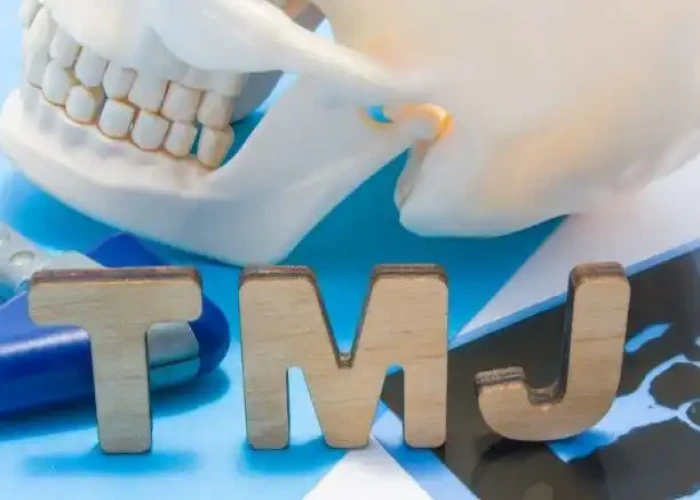
TMJ disorders

Uterine fibroids
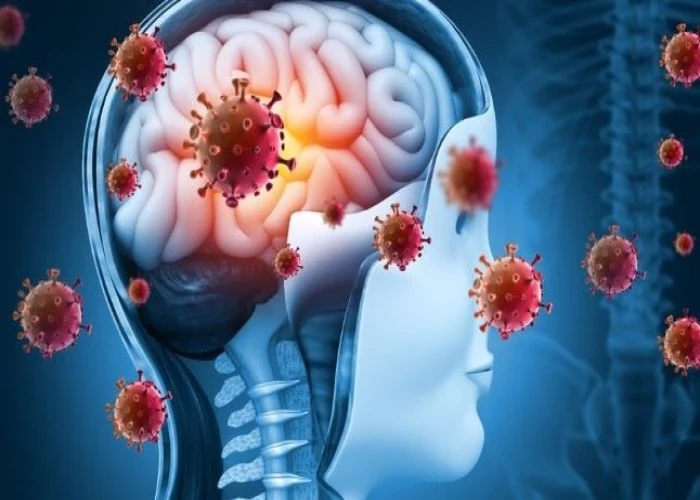
Meningitis

Trichotillomania (hair-pulling disorder)

Pulmonary atresia
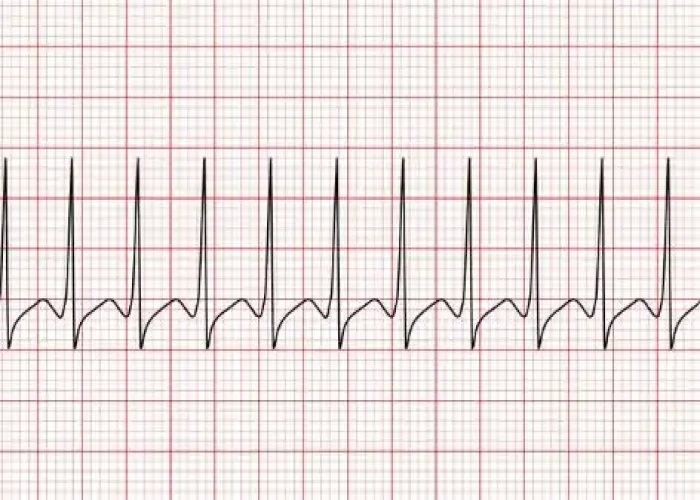
Supraventricular tachycardia
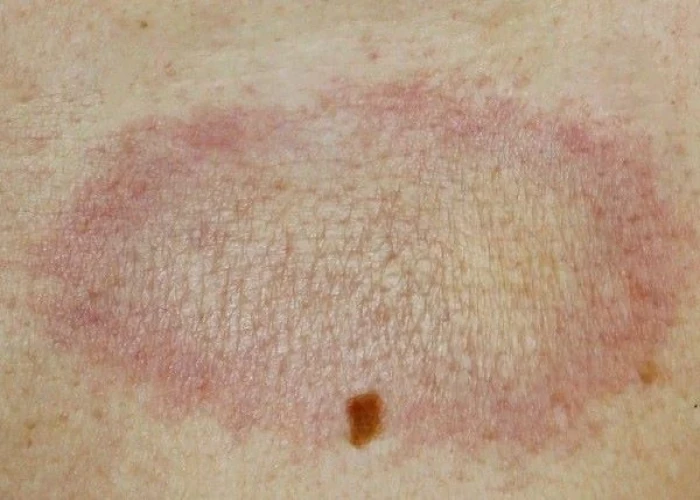
Morphea
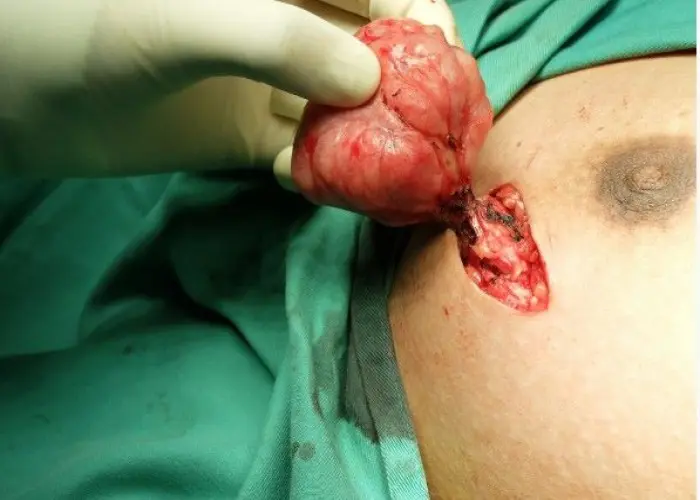
Fibroadenoma
hodgkin's lymphoma, hodgkin's disease, হজকিনের লিম্ফোমা, হজকিনের রোগ
To be happy, beautiful, healthy, wealthy, hale and long-lived stay with DM3S.
